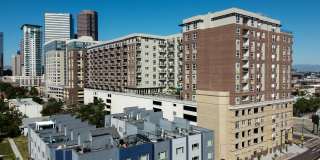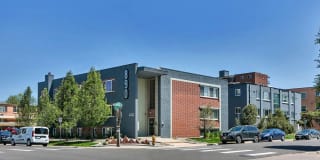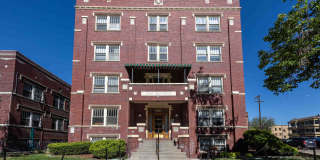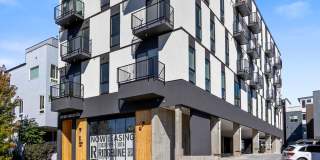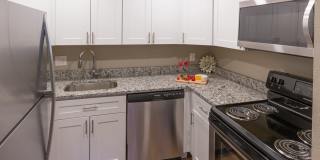Overview of Findings
Apartment List has released Denver’s results from the third annual Apartment List Renter Satisfaction Survey. This survey, which drew on responses from over 45,000 renters, provides insight on what states and cities must do to meet the needs of 111 million American renters nationwide.
"Denver renters expressed general satisfaction with the city overall," according to Apartment List. "With expensive rents in tech hubs, it comes as no surprise that cost of living is a source of dissatisfaction in Denver."
Key findings in Denver include the following:
- Denver renters gave their city a B+ overall.
- The highest-rated categories for Denver were social life and recreational activities, which both received A grades.
- The area of concern to Denver renters was the affordability (D).
- Millennial renters are very satisfied with their city, giving it an overall rating of A, while renters who are parents are less satisfied, giving it a C.
- Denver earned similar scores to Fort Collins (A) and Colorado Springs (B+), but earned higher marks than Aurora (C).
- Denver earned similar marks to other Tech Hubs, including San Francisco, CA (B+), Seattle, WA (B+) and Austin, TX (A-).
The top rated cities nationwide for renter satisfaction include Scottsdale, AZ, Irvine, CA, Boulder, CO and Ann Arbor, MI. The lowest rated cities include Tallahassee, FL, Stockton, CA, Dayton, OH, Detroit, MI and Newark, NJ.
Renters say:
- "High cost of living, but everything else makes the cost worthwhile." – Nicole Z.
- "Rapid growth means lots of diversity, which makes the city exciting and dynamic. I love the beautiful weather and outdoor activities all year long." – Breanna S.
- "Love the access to mountains, friendly people and active lifestyle. Traffic and cost of living are getting worse though." – Sarah M.
- "It’s sunny 300 days out of the year. There are tons of recreational opportunities and a world-class park system. Beautiful people with beautiful attitudes." – Robert R.
For more information on the survey methodology and findings or to speak to one of our researchers, please contact our team at rentonomics@apartmentlist.com.



